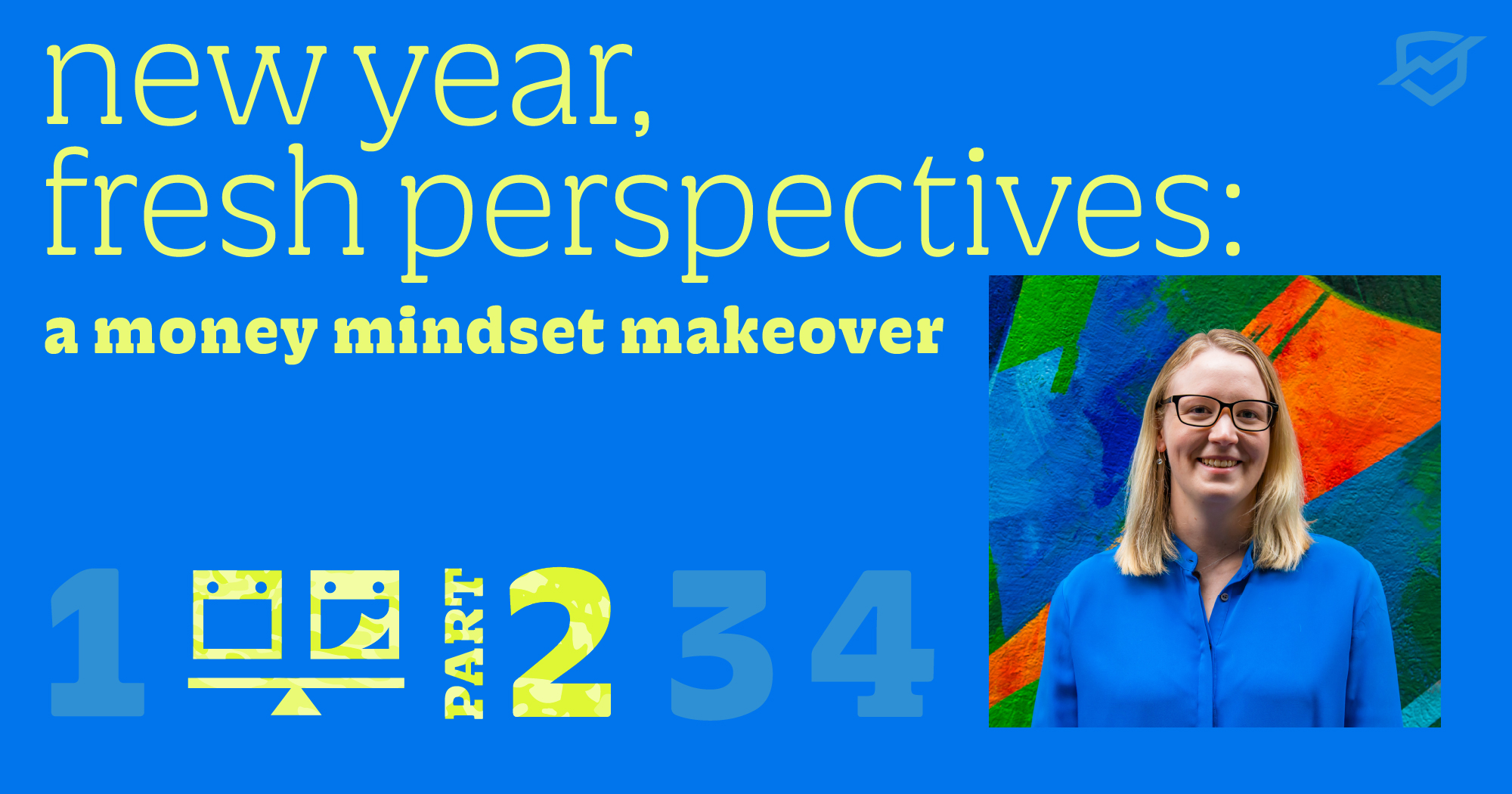
We talk about time and money in very similar ways. We choose how we spend our time, we look for ways to save ourselves time, and we invest time in things like our relationships.
If someone gave you $8760 in cash right now, it’s likely you’d spend a little bit of time thinking about how to spend it, right?
But do you spend much time thinking about how you’re going use the 8760 hours you’re given every year?
You can afford to spend your time on anything, but not everything, so it’s essential to choose wisely. This is one of the challenges Derek Sivers considers in Hell Yeah or No: What’s Worth Doing. According to Sivers, a “present-focus” is necessary to enjoy life. However, “too much present-focus can prevent the deeper happiness of achievement”.
Enter delayed gratification: The act of resisting an immediate reward (for example, spending time and money on an immediate happiness boost) with the hope that the long-term reward (for example, buying a first home) will be better. Though it can be difficult, getting comfortable with delayed gratification is a particularly important skill for working towards big goals, and it can have powerful results over a lifetime.
Much like too much present-focus, however, an overcorrection towards delayed gratification can negatively affect our happiness in the meantime.
Let’s take saving up to purchase a first home as an example. If someone is starting from scratch, this goal could take quite a few years to achieve and require serious attention on how much they’re saving each month. Reaching this goal is likely to fill them with a sense of accomplishment and add to their happiness levels. The problem is if, in the single-minded pursuit of their goal, they focus solely on making and saving money, saying yes to extra work and no to spending time with friends for years, they might find they miss a huge amount of life in the process.
We get a lot of happiness from working towards long-term goals, but sometimes it stops us from being happy right now.
So, what’s the solution? How do you work towards your big goals while remaining present and enjoying life?
Finding lower-cost ways to engage in meaningful relationships, pushing your goals back by a year or two for important experiences in the shorter term, and checking in on your goals (and actions) regularly to make sure they’re not making you miserable are just a few ideas to work on that balance.
You could also look at your life as being made up of seasons. The idea is that in one period of time, you can mainly focus on reaching a specific goal, spending your time accordingly. Then you might step back and use your time in a more balanced way in a subsequent season. It’s also worth noting that there are certain times in life when it is more opportune for you to do particular things than other times.
For example, hiking the Pacific Crest Trail in the USA might be something you have the time and energy to do in your 20s but not in your 50s. Conversely, a cruise in Antarctica might be something you leave until you have the financial resources in your 60s.
Think about all those life experiences you have on your bucket list and consider if you can prioritize them into different life stages to get more strategic about the way you allocate your time and resources. Life is full of uncertainty, and there’s always the possibility that it’ll be a lot longer or shorter than expected. Organizing the life experiences you want to have according to different parts of life is one strategy to manage your competing priorities and finite resources.

Kate Campbell is the host of the Australian Finance Podcast and the author of Buying Happiness: Learn to invest your time and money better, available online through Amazon and Booktopia.